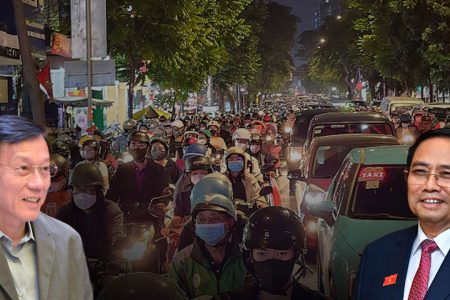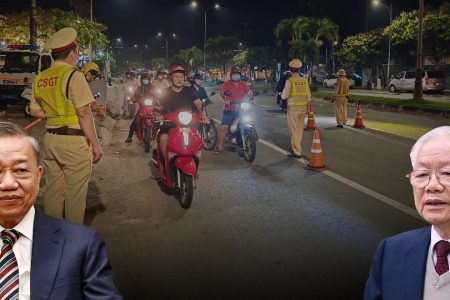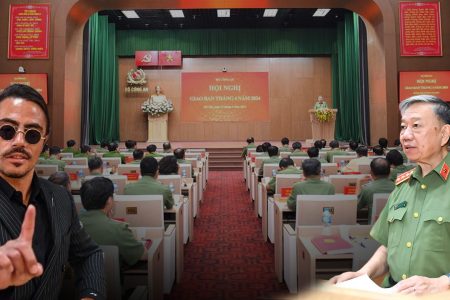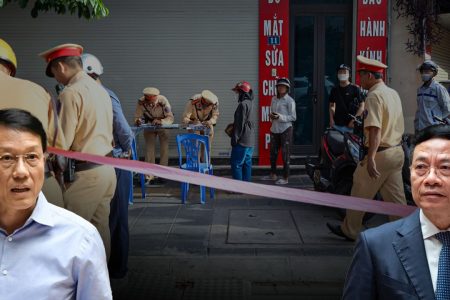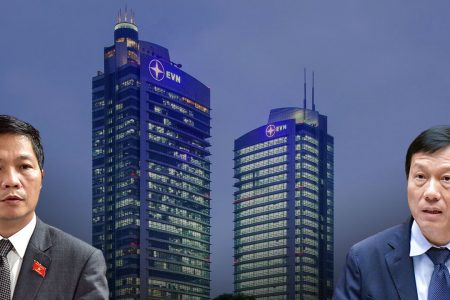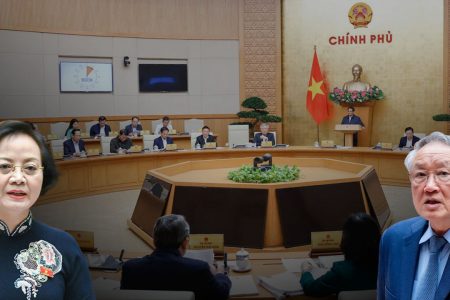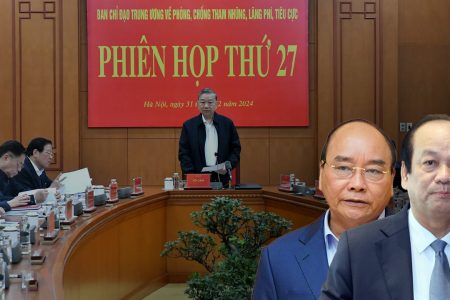
On November 22, Vietnam’s National Assembly discussed the draft Law on Special Consumption Tax (amended). Its member Truong Trong Nghia expressed his opinion that the current special consumption tax on air conditioners is pushing the lifestyle of Vietnamese people back 40-50 years.
According to Nghia, currently, workers in renting houses also have to install air conditioners for their families. For a tropical country like Vietnam, is the special consumption tax on air conditioners reasonable? Meanwhile, NA member Nguyen Minh Hoang expressed his opinion that in 1998, air conditioners were subject to a special consumption tax rate of 20%, but by 2008 the government found it unreasonable and reduced it to 10%.
Similarly, legislator Tran Hoang Ngan also raised the issue of applying special consumption tax on petroleum products at the lowest possible level. According to him, gasoline is currently not a luxury item subject to special consumption tax.
The legislators all agreed that the Draft Amendment to the Law on Special Consumption Tax this time needs to remove air conditioners and some goods directly related to workers from the list of goods subject to special consumption tax to be reasonable.
Special consumption tax is an indirect tax, applied to some luxury goods and services, with the aim of limiting consumption. It aims to regulate production, import and consumption of society, while increasing state budget revenue.
The Vietnamese government increases special consumption tax to regulate the production and consumption of items that are harmful to health such as alcohol, beer, cigarettes, etc., to increase budget revenue. However, imposing special consumption tax on some essential items for people’s lives can directly affect people’s lives, so it has caused controversy about its reasonableness.
For example, in 2019, the Ho Chi Minh City People’s Committee proposed applying special consumption tax on mobile phones, cameras, perfumes, cosmetics, etc. However, experts said that this proposal lacks basis, especially when mobile phones are essential items in today’s life. Or in early 2004, adjusting special consumption tax increased car prices, causing high inflation that year.
Public opinion sees that the Vietnamese Constitution has determined that “the Vietnamese State is of the people, by the people and for the people.” But in reality, when the State issues policies related to economic and social issues, the principle of “of the people, by the people, for the people” has not been fully implemented to ensure the rights of the people.
Accordingly, it is necessary to impose special consumption tax on luxury goods such as cars, ships, or goods that are not encouraged for consumption such as alcohol, tobacco, etc. Meanwhile, gasoline is a very common item that people consume every day and is not a luxury good. Why does the State impose special consumption tax on gasoline, while alcohol, tobacco, etc. products in Vietnam are among the cheapest in the world?
In February 2023, in response to the proposal to abolish special consumption tax on gasoline, the Ministry of Finance said that the collection of special consumption tax is in line with international practice. Just as gasoline is also a non-renewable fuel, it is necessary to collect special consumption tax to force people to use this type of energy economically.
According to analysts, Vietnam’s increase in special consumption tax to increase budget revenue is necessary, but it needs to be carefully calculated, because the tax increase will have a large negative impact on the lives of the majority of people and the economy.
Tra My – Thoibao.de







